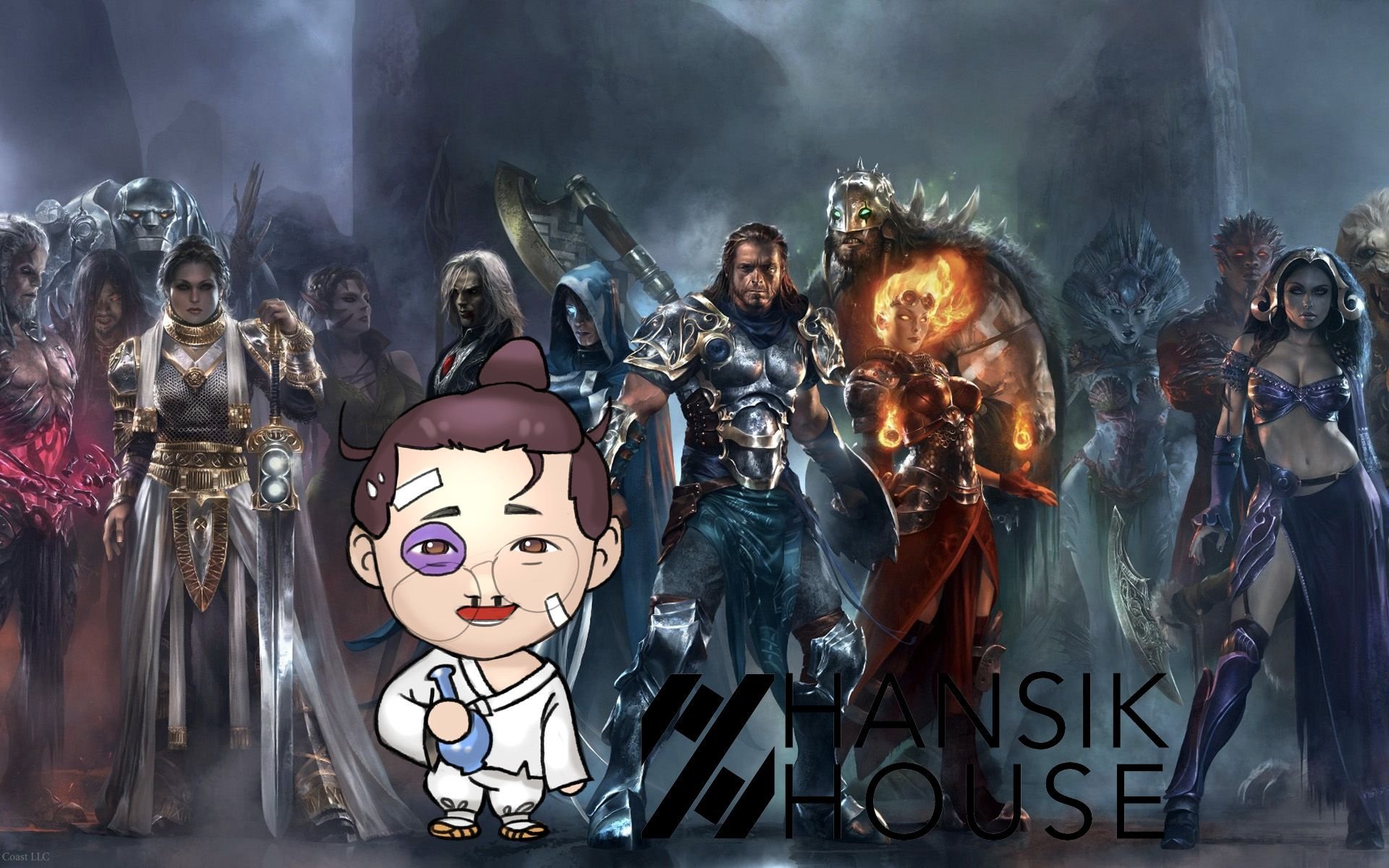
Narrating a Task vs. Narrating a Goal
On my last post about MtG, I recounted my proud recent moment of making it to the quarter-finals of one of my first professional Magic tournaments. I ultimately flopped out in the Top 8 due to my short-sightedness. Above all, I learned the valuable lesson that success is oftentimes (if not always) determined by whether you control a compelling and strong narrative. If I don't have projected story of how I'll navigate the field or trump my opponent, I most likely will not be able to come out on top.

Source: DVS Gaming
I'm very much a goal-oriented person and I'm realizing more and more that establishing ambitious destinations help you establish the steps needed to reach that destination. This applies to professional goals but also small hobbies and personal initiatives. It easily breaks down to simple comparisons.
- Working 9-5 vs. Reaching for a powerful promotion
- Learning 10 new Japanese words a day vs. Preparing conversational abilities for your next vacation trip to Tokyo
- Exercising 4 times a week vs. Preparing a beach body to impress a new date
In each of these comparisons, I always gun for the 2nd option/mentality. Having a long-term goal always gets me out of bed faster in the morning. Knowing where I want to end out on top makes climbing the steps a more compelling experience.
Designing in a Narrative
So what does any of this have to do with a silly little trading-card game?
Even I, until a few years ago, never re-thought of Magic the Gathering past my middle-school years. I assumed that it was equivalent to Pogs or Cat's Cradle – hobbies that are usually confined to a certain age or trend's lifespan. Terms like “Magic” associated with dragons, wizards, goblins, vampires, gearhulks, spells, and mana energy are almost seen as some juvenile or delinquent pastime.
And yet, why do we hold “traditional” games like chess or poker to be more adult-like? Is a game more mature if it's boiled down to technical numbers and pure abstraction? Or because it looks more minimal?
This might be the most crippling stereotype of gaming and gamers, that the narrative, visual, or thematic elements of various games are some willy-nilly distraction. However, when we take an example like Magic: the Gathering, we find that the narrative quality is what provides such technical and skillful depth.

Source: The Emerald
There are a total of approximately 15,000 unique MtG cards ever printed and that number grows by the hundreds every few months. That means that there is more variation and more permutations than in any other physical or video game every designed. The possibilities for cards and their synergies are actually limitless since Wizards of the Coast prints novel cards and abilities all the time.
How do they maintain sanity and commitment? With layers and layers of narrative built over two decades.
Each illustration, theme, and story allows the incredibly diverse pool of choices to be woven into different narratives that players use to compete with. They bring about synergies and strategies, of which completely innovative ones appear all the time. What Richard Garfield conceived in the 1990s has blossomed into an incredible ecosystem of choices and approaches to the game.

Source: Geekify Inc.
What do you think? How important is narrative in the hobbies/sports/games/jobs that you take part in? Is narrative designed into it (by you or someone else) in any way?

